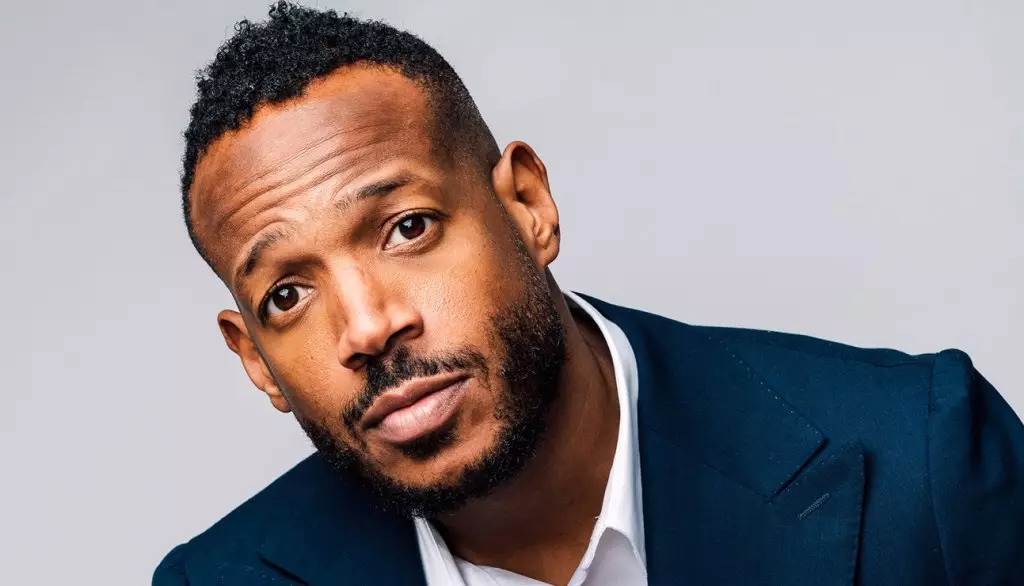In a landscape flooded with sanitized narratives and overly simplified heroes, the upcoming documentary *Unraveling George* dares to introduce a figure whose contributions are profound yet often underappreciated. While the film aims to celebrate a man whose reach extended into pivotal moments of civil rights and the evolution of basketball, it also compels us to confront a deeper question: why do some revolutionary figures remain in the shadows while others are celebrated as icons? Often, society’s narrative gravitates toward those whose stories align with prevailing heroic ideals, but history is rarely that clear-cut. The documentary attempts to shine a light on a man whose influence is both undeniable and complex—yet, the question remains: does elevating his profile serve purely educational purposes, or does it risk glossing over the nuanced realities of his era?
The Myth of the Reluctant Hero
The portrayal of this figure, affectionately dubbed the “hidden trailblazer,” suggests a narrative of humble service and quiet influence. But critically, such portrayals often distract us from the more uncomfortable truths of institutional complicity and the persistent inequalities faced by the communities they aimed to uplift. For instance, highlighting contributions to basketball and civil rights can sometimes obscure the fact that systems of racial and economic injustice persisted despite these efforts. It’s tempting to elevate individual stories as beacons of hope, but we must ask whether these stories are being used to reinforce a comforting myth—one where heroes act in isolation and societal change merely depends on individual acts, rather than the collective responsibility of systemic reform.
A Flawed Glimpse at Progress
The narrative surrounding the film and its figures is undoubtedly compelling. It presents a man intertwined with historic moments—standing beside Dr. Martin Luther King Jr., influencing Michael Jordan’s career, and fostering international exchanges within basketball. Yet, a critical lens reveals that these achievements, while historically significant, often overshadow the ongoing challenges of racial inequality and economic disparity. Celebrating these milestones in a glossy documentary may inadvertently suggest that individual effort alone is sufficient for lasting change. Instead, it risks reinforcing the notion that progress is linear and achievable through notable personalities rather than persistent societal activism.
Furthermore, the involvement of high-profile coaches and celebrities in the documentary may create a distorted view of influence. Their stories are inspiring, but they can obscure the grassroots struggle and the countless unsung heroes whose sacrifices laid the groundwork for the progress celebrated. It begs the question: are we elevating a select few to distract from the broader movements that continue to fight for justice today?
The Dangerous Allure of Myth-Making
The film’s emphasis on a single figure’s near-mythical role in shaping culture and history risks elevating heroism to an almost unnatural level. This tendency undermines the collective effort that underpins real societal progress. When a singular hero is placed at the center of a narrative, it occasionally diminishes the importance of ongoing activism, community organizing, and policy change—which are, after all, the real engines of transformation.
More troubling is the potential for such narratives to reinforce a version of history that feels palatable—one where personal influence is sufficient and systemic issues are secondary. As a center-left liberal who champions social justice and equitable progress, I find this troubling. Celebratory documentaries must do more than recount achievements; they should interrogate the complexities of history and acknowledge that lasting change requires more than individual heroics. It demands confronting uncomfortable truths and actively resisting narratives that overly romanticize isolated figures while glossing over ongoing struggles.
The Role of Media in Shaping Historical Memory
Ultimately, the power of *Unraveling George* and similar documentaries lies in their capacity to shape collective memory. As consumers of media, we need to approach these stories with critical eyes. Celebrating icons without contextualizing their limitations and the societal forces that shaped their actions inadvertently glorifies individualism over collective effort. For those of us committed to social justice, stories must challenge audiences—not just entertain them.
A nuanced history does not diminish the achievements of remarkable figures; instead, it invites us to see them as part of a larger, more complicated tapestry of resistance and resilience. It calls on us to recognize that true progress is multi-layered, requiring collaboration across generations, communities, and institutions—not mere celebrity endorsement or individual heroism. Any attempt to rewrite history solely through the lens of personal influence risks eroding the critical perspective necessary to sustain meaningful change in a society still wrestling with inequality.


Leave a Reply